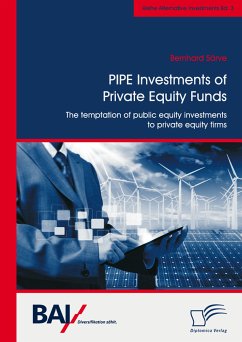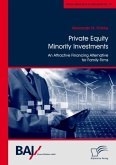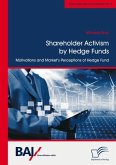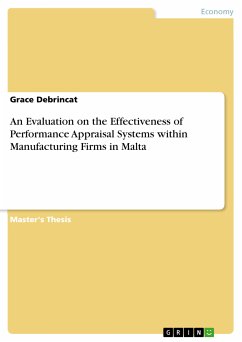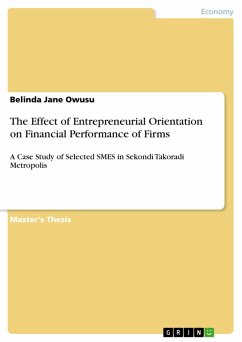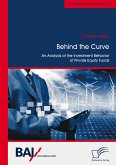Usually, private equity firms take control of firms which are privately held, and tend to act hidden. But, in recent years, the rising phenomenon of private investments in publicly listed companies, so-called PIPEs, could be observed. At first, this seems to be inconsistent but, it could become a perfect way to generate good returns. This book gives an overview about the PIPE market, and then focuses on the role of private equity funds. How do they invest in publicly listed firms? And what are their motivations? Is the overall performance of PIPE deals superior to those of traditional private deals? PIPE deals have much in common with typical venture capital deals with regard to the young and high-risk nature of target companies, and the minority ownership position. Surprisingly, buyout funds are relatively more engaged in PIPEs than venture funds are. The author analyzes deal sizes, industry sectors, holding periods, IRRs and multiples of public deals, and comparable private deals with a unique data sample on transaction level. Finally, he discusses other possible motives for private equity firms to engage in these deals: improved liquidity, fast process of deal execution, access to certain markets, avoidance of takeover premiums and the thesis of an escape-strategy for surplus investment money.
Dieser Download kann aus rechtlichen Gründen nur mit Rechnungsadresse in A, B, BG, CY, CZ, D, DK, EW, E, FIN, F, GR, HR, H, IRL, I, LT, L, LR, M, NL, PL, P, R, S, SLO, SK ausgeliefert werden.

